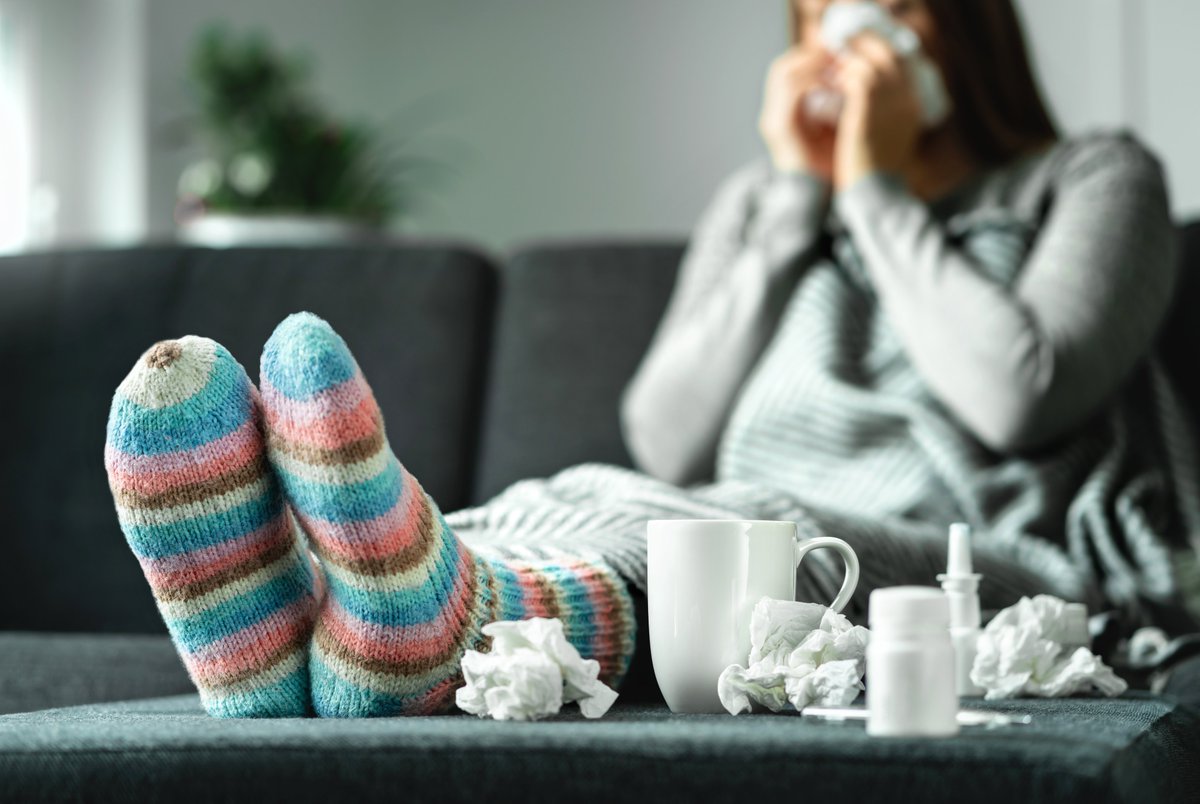
💌Young, unmarried and childless couples are increasingly turning to relationship therapy.
Counsellors are reporting a surge in demand from younger clients, often as young as 22, who are desperate to make things work
🧵👇
telegraph.co.uk/news/2021/12/1…
Counsellors are reporting a surge in demand from younger clients, often as young as 22, who are desperate to make things work
🧵👇
telegraph.co.uk/news/2021/12/1…

Was there a decades-long affair? Did the passion die after the baby was born and are you fighting to make it work for the kids?
Increasingly the answer is no...
Increasingly the answer is no...
Therapists are reporting a surge in demand from younger clients, often as young as 22.
Even though they have few shared practical commitments, therapists say millennials and Gen Z are desperate to make their partnerships work when in the past they may have walked away
Even though they have few shared practical commitments, therapists say millennials and Gen Z are desperate to make their partnerships work when in the past they may have walked away

Young people are more open to the idea of therapy in general and are more willing to talk about their emotional problems, but therapists also pointed to darker explanations.
⚫️They say young people are more fearful of being alone
⚫️They say young people are more fearful of being alone
❌The pandemic has compounded their anxiety as young people are not meeting people at parties or gatherings
🗣️Tanya Haynes, a psychotherapist at the Blue Door Practice said: "Lockdown has made them even more fearful of being alone so they are more likely to stay.
"They also value the investment they’ve made in someone they actually like in a throw away culture of online dating"
"They also value the investment they’ve made in someone they actually like in a throw away culture of online dating"

A concern about getting it right was shared by young couples who spoke to @Telegraph.
⚫️One 29-year-old from London said he opted for couples therapy to examine intimacy and communication issues with his partner
⚫️One 29-year-old from London said he opted for couples therapy to examine intimacy and communication issues with his partner
🔎Read more on how an obsession among young people to optimise all aspects of their life is also driving the trend here 👇
telegraph.co.uk/news/2021/12/1…
telegraph.co.uk/news/2021/12/1…
• • •
Missing some Tweet in this thread? You can try to
force a refresh















